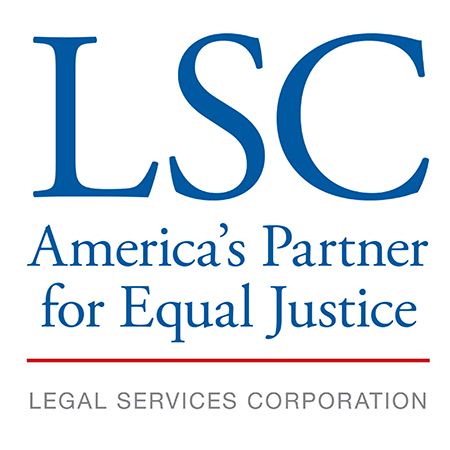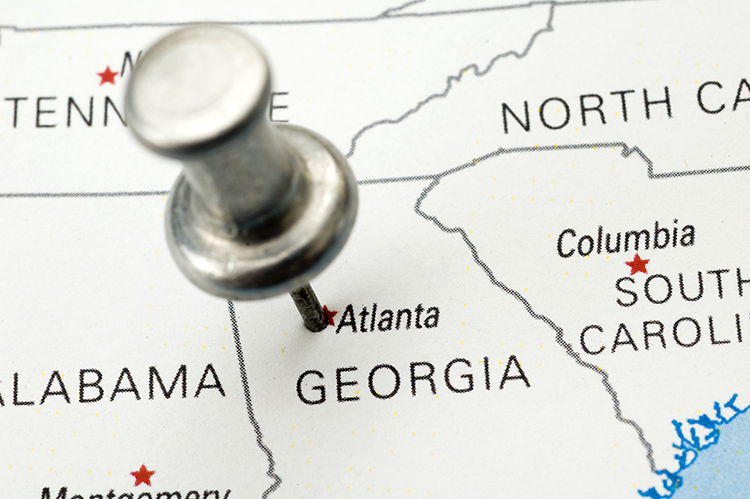With LSC under threat for third year, ABA president asks Congress to increase legal aid funding

ABA President Bob Carlson has called on Congress to not only reject the Trump administration's proposal to eliminate all federal funding for the Legal Services Corp., but to also increase its support of the independent nonprofit organization so more individuals can gain access to the justice system.
In a statement Monday, Carlson pointed out that this is the third time in three years that the White House has proposed eliminating the LSC, the largest funder of civil legal aid to low-income Americans. LSC funding has been a long-term priority for the ABA, as it has faced a number of budget cuts in the past.
In 2017, the ABA lobbied against the defunding of the LSC through an ABA Day campaign; that year the LSC secured a $385 million appropriation. In 2018, the ABA advocated for a $482 million budget for the LSC, to bring it in line with the organization’s funding levels in fiscal year 2010 when adjusted for inflation. Congress reinstated and increased the LSC’s funding, but only to $410 million.
“There is broad bipartisan support in Congress to provide federal funding of the Legal Services Corporation, which supports civil legal aid offices that serve every congressional district in the country,” Carlson says in the statement. “Without this funding, thousands of veterans, seniors, domestic assault survivors, victims of natural disasters and others who are seeking justice would be effectively barred from the courthouse.”
Carlson also urged Congress to reject the Trump administration’s proposal to eliminate the Public Service Loan Forgiveness program.
The program was established in 2007 to provide student loan forgiveness to qualified participants after 10 years of working in public service and making payments on their loans.
It has previously been targeted for elimination by the White House, and in 2017, a bill introduced by the House of Representatives also threatened to end the program.
“Without PSLF, many communities could not attract public-spirited young people to serve its citizens, and our government and nonprofit agencies could not attract talented graduates who struggle with overwhelming student loan debts,” Carlson says in his statement.
The ABA separately sued the Department of Education in 2016 after its decision to drop some public interest lawyers from the program. A federal court found in February that when the department changed its interpretation of PSLF regulation, it did not adhere to notice standards mandated under the Administrative Procedure Act, and those changes were arbitrary and capricious.
See also:
ABA Journal: “ABA enlists legal aid defenders via social media”
ABA Journal: “The Power of Persuasion: ABA Day amplifies collective voice for lawyers in Washington”
Write a letter to the editor, share a story tip or update, or report an error.


